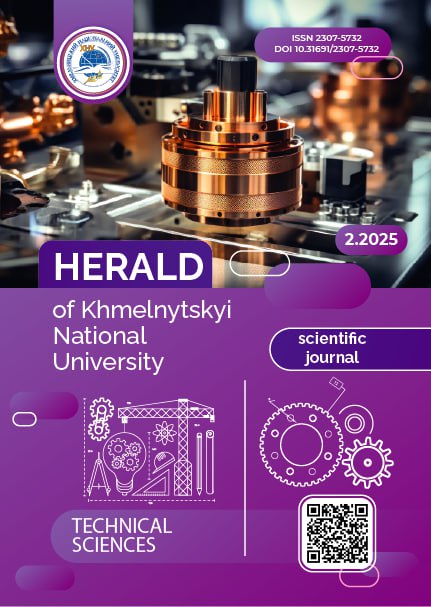ВИКОРИСТАННЯ МЕТОДІВ ГЛИБИННОГО НАВЧАННЯ ДЛЯ РОЗПІЗНАВАННЯ QR-КОДІВ НА МОБІЛЬНИХ ПРИСТРОЯХ
DOI:
https://doi.org/10.31891/2307-5732-2025-349-18Ключові слова:
машинне навчання, комп’ютерний зір, нейронні мережі, QR-кодАнотація
Розглянуто сучасні методи для виявлення QR-кодів з використанням глибинних нейронних мереж, проаналізовано їх переваги та недоліки. За результатами дослідження виявлено, що на відміну від інших методів розпізнавання матричних кодів, підходи на основі нейронних мереж суттєво покращують швидкість і точність як виявлення, так і декодування кодів із забезпеченням продуктивності в режимі реального часу на мобільних пристроях. Створено набір даних з анотованих зображень QR-кодів, який використано для тренування та тестування моделей. Запропоновано модифікацію моделі YOLO, адаптовану для специфічного завдання – розпізнавання QR-кодів через виявлення ключових точок. Замість традиційного виявлення обмежувальних прямокутників, модель фокусується на визначенні набору ключових точок, які формують QR-код, що дозволяє точніше локалізувати код та полегшує його декодування. Описано підходи на основі глибинного навчання, які прискорюють процес локалізації та декодування QR-кодів, забезпечуючи вищу точність розпізнавання. Розглянуто різні конфігурації нейронної мережі YOLOv8, сформовано модель розпізнавання QR-кодів, розроблено мобільний застосунок для тестування моделі, наведено графіки залежностей точності розпізнавання від епох навчання моделі YOLO, результати розпізнавання.
Завантаження
Опубліковано
Номер
Розділ
Ліцензія
Авторське право (c) 2025 ДЕНИС БРАТАСЮК, ДМИТРО ФЕДАСЮК (Автор)

Ця робота ліцензується відповідно до ліцензії Creative Commons Attribution 4.0 International License.

